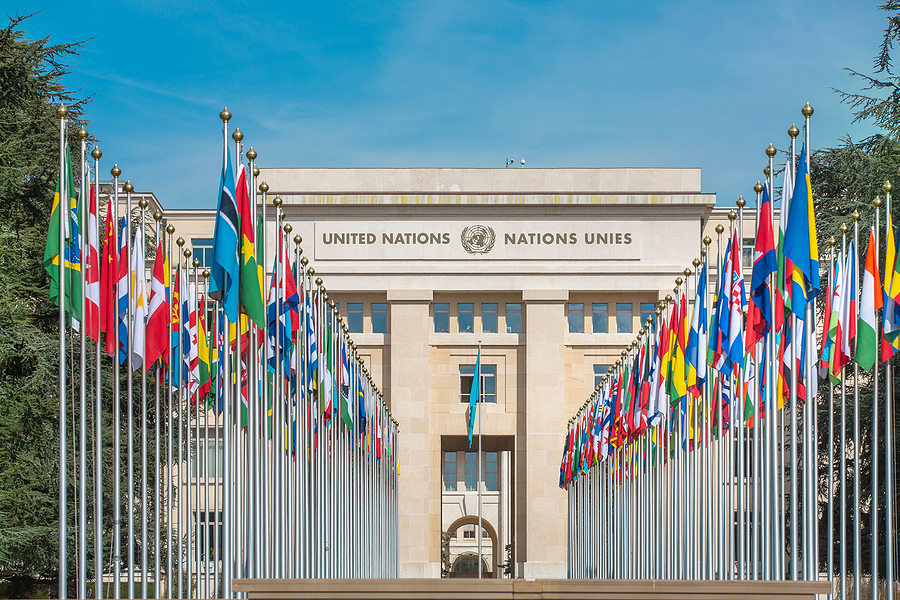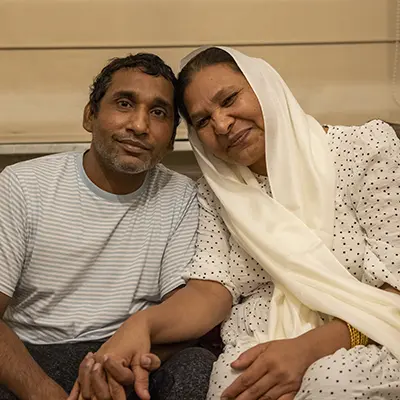- Final treaty text drops earlier references to “misinformation” and “infodemic management,” safeguarding free expression.
- Adoption follows more than three years of contentious negotiations and global debate

20 May 2025 (GENEVA) – Today, the World Health Assembly adopted the WHO Pandemic Agreement. The Pandemic Agreement is a binding instrument of international law created to set a global standard for pandemic prevention, preparedness, and response.
In April 2025, a World Health Organization intergovernmental negotiating body concluded over three years of negotiations by finalizing a draft of the treaty. The finalized draft was subsequently submitted for consideration at the 78th World Health Assembly, where it was adopted today.
Earlier drafts of the agreement included references to managing “infodemics,” defined as “too much information,” and countering and preventing “mis- and disinformation”—language that raised serious freedom of expression concerns. The final version excludes such provisions, instead recognizing the importance of trust and transparency in pandemic communication. It further contains sovereignty protections regarding the ability of States to implement public health measures.
“ADF International commends Member States for addressing our concerns by removing earlier provisions on so-called ‘infodemic’ management and ‘mis- and disinformation’ prevention that could have undermined freedom of expression and potentially enabled widespread censorship.”
- Giorgio Mazzoli, Director of UN Advocacy at ADF International.
“We welcome the Pandemic Agreement’s commitment to open communication over speech suppression as an essential requirement for any effective pandemic prevention, preparedness, and response strategy. As adopted, this new treaty does not undermine the protections for free speech firmly enshrined in international law.”
The agreement will be opened for signature only after the adoption of a yet-to-be-negotiated annex on the Pathogen Access and Benefit-Sharing (PABS) System, which will govern the sharing of pathogen data and the equitable distribution of resulting benefits.
Background: Threat to Free Speech
The Pandemic Agreement process commenced in December 2021 and did not conclude as initially planned in May 2024 due to persistent disagreements between Member States on key issues. Throughout the negotiation process, ADF International conducted legal advocacy, including at the United Nations and U.S. Congress, with the goal of removing or amending provisions that could have been used to suppress lawful speech.
Specifically, earlier versions of the text called for managing “infodemics” and combating and preventing “misinformation and disinformation” without clear definitions, potentially granting authorities broad discretion to limit free expression.
In its United Nations advocacy, both with government delegations negotiating the agreement at the World Health Organization in Geneva and in national capitals, ADF International argued that such provisions misrepresented the human right to freedom of expression as a threat to public health.
“Access to transparent and accurate information is essential during health emergencies. Governments should never be granted the license to restrict lawful speech under the guise of shielding the public from information that may be arbitrarily labeled as ‘misinformation’ or ‘disinformation’. The adoption of this legally binding instrument of international law without any censorship language is a significant relief for all who are concerned with the protection of the basic human right to free speech,” stated Mazzoli.
Images for free use in print or online in relation to this story only.
Pictured: Giorgio Mazzoli














